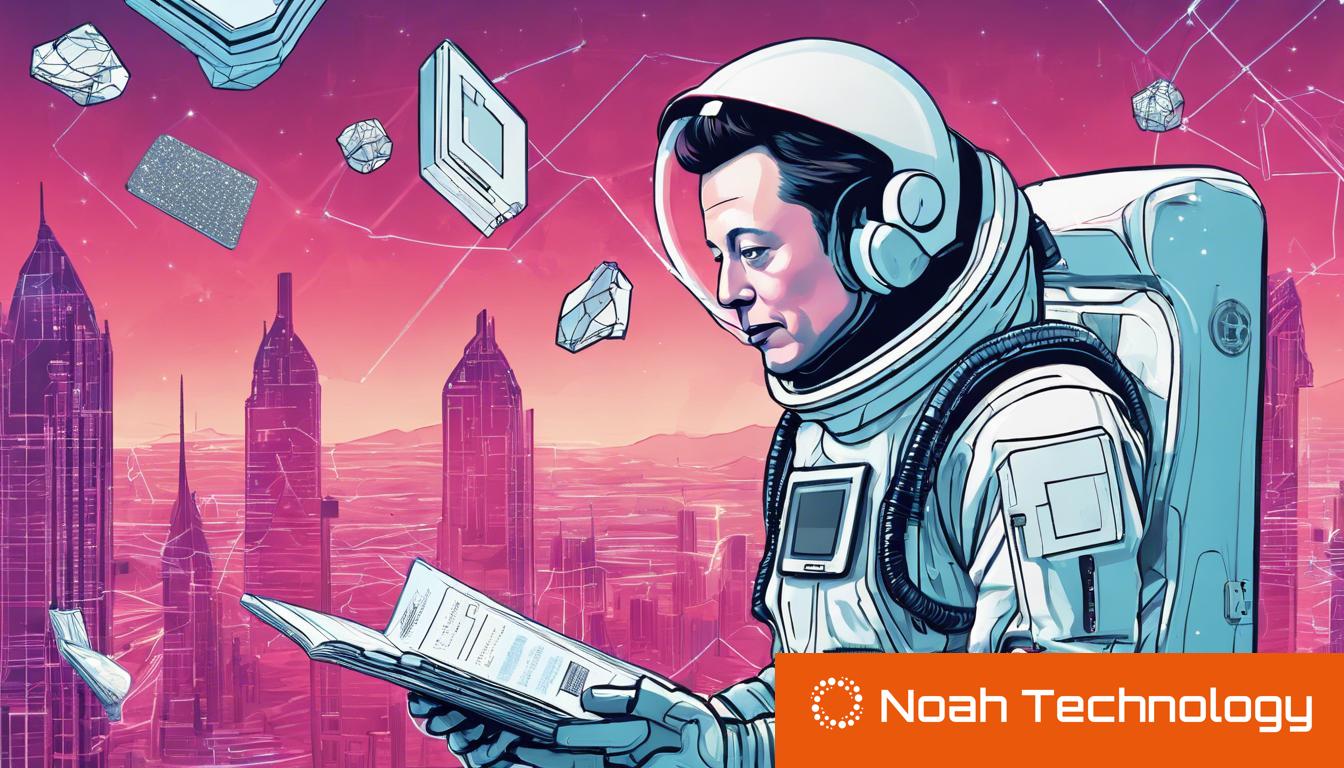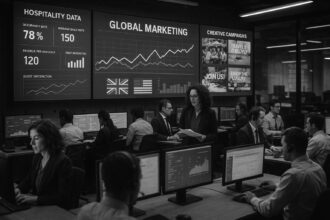Elon Musk escalates his disagreement with OpenAI into a legal battle, emphasizing concerns over the AI company’s shift from a non-profit to a for-profit model and its implications for the future of artificial intelligence.
OpenAI has publicly contested claims by Elon Musk that the artificial intelligence company has diverged from its foundational mission, highlighting an ongoing legal and public relations conflict between the two parties. Musk, who played a significant role in OpenAI’s early stages, has accused the company of breaching an initial agreement to stay as a nonprofit entity, thereby compromising its commitment to ensuring artificial intelligence benefits humanity.
Musk’s contention centers on his belief that OpenAI’s partnership with Microsoft and its transition to a for-profit model have detracted from its original goal of accessible AI advancements. In contrast, OpenAI, currently led by CEO Sam Altman, insists that the shift was essential for securing the necessary capital for artificial general intelligence (AGI) development—a level of AI that can outperform human intelligence across various tasks. The company has articulated its stance through blog posts and released email exchanges, indicating Musk’s early support for OpenAI’s transition to a for-profit status. These communications reveal a complex negotiation history, including proposals for integrating OpenAI into Musk’s business ventures, which were not agreed upon.
This disagreement has culminated in Musk initiating legal action against OpenAI, claiming a breach of the original non-profit agreement. OpenAI intends to contest Musk’s allegations in court, asserting that they have always aimed to develop AI responsibly and inclusively. Amidst these legal and ideological clashes, Musk has launched his own AI startup, xAI, signaling his continued interest in the AI sector despite the ongoing feud.
The dispute has broader implications for the AI industry, highlighting the challenges of balancing commercial success with ethical development goals. It also reflects divergent visions for the future of AI, with significant attention on how these technologies are governed and the role of private investment in driving AI research. As this conflict unfolds, it has attracted the scrutiny of both the public and regulatory bodies, including an investigation by the US Securities and Exchange Commission into OpenAI’s actions and governance.
In summary, the legal battle and public disagreement between Elon Musk and OpenAI underscore critical debates regarding the evolution of artificial intelligence, its accessibility, and the ethical responsibilities of those who lead its development.













